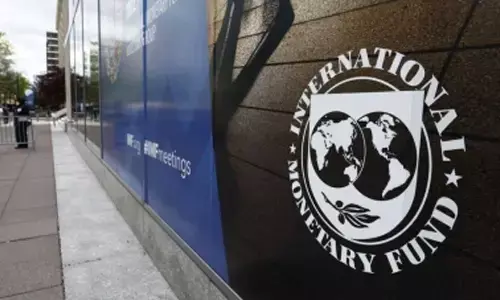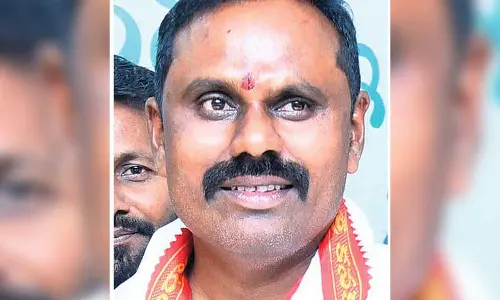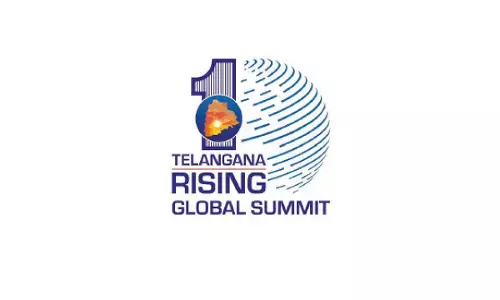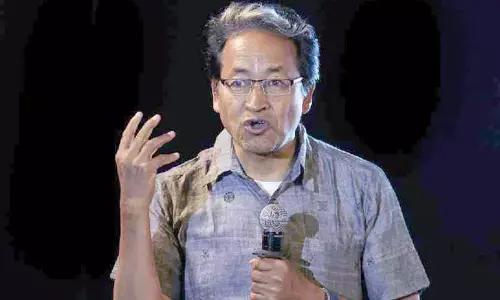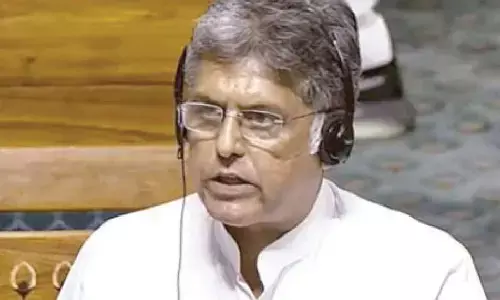Government announces new rules for OTT and digital media platforms; Find highlights
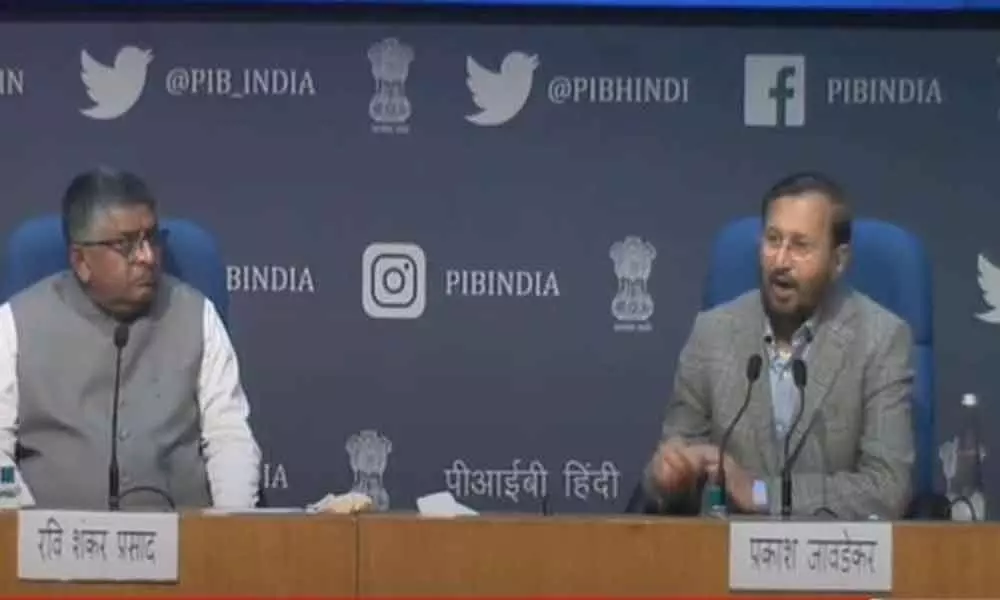
Union ministers Prakash Javadekar and Ravi Shankar Prasad addressed a press conference to announce the Center's new guidelines for digital news organizations, social media platforms and OTT platforms.(Image credit: ANI)
The government developed guidelines to regulate OTT platforms but didn't consult any stakeholder consultation.
On Thursday, Union ministers Prakash Javadekar and Ravi Shankar Prasad addressed a press conference to announce the Center's new guidelines for digital news organizations, social media platforms and OTT platforms. The draft regulation, Information Technology Rules (Guidelines for Intermediaries and Code of Ethics for Digital Media), 2021, aims to have tighter control over powerful big tech companies.
The rules include a strict oversight mechanism involving various ministries and a code of ethics that prohibits content that affects "the sovereignty and integrity of India" and threatens national security.
The social media giants will need to appoint India-based compliance officers. If they remove content, they will be asked to inform users, give reasons to remove their post and listen to them.
The rules make message originator traceability a must on prominent social media sites, which works against end-to-end encryption on messaging platforms like WhatsApp and Signal. "Who started the mischief? You have to say it," said Mr Prasad, explaining this rule.
The oversight mechanism will include a committee with representatives from the ministries of Defense, Foreign Affairs, Home, I&B, Law, Information Technology and Development of Women and Children.
This committee will have powers to convene hearings on violations of the Code of Ethics if it so wishes. The committee may warn, censure, admonish or reprimand offenders, seek an apology, and other actions.
The rules oblige streaming services like Netflix and Prime Video, which opposed an independent appeals body to hear streaming complaints, to submit to the authority of an appeals body headed by a retired higher court or a judge of the Supreme Court. A detailed content rating based on age, sex, violence, and nudity has also been included.
On Thursday, with MeiTY Minister Ravi Shankar Prasad and I&B Minister Prakash Javadekar scheduled to address a press conference, an announcement about the new code was made.
After creating a universal self-regulatory code last year, the IAMAI unveiled a set of implementation tools earlier this month to help streaming platforms implement the Universal Self-regulatory Code signed by 17 OTT players.
Find the key highlights
1) It prohibits content that is defamatory, obscene, libellous, racist, harmful to minors, that threatens the unity, integrity, defence, security or sovereignty of India and its ties with other countries.
2) Social media sites must remove or disable offensive or illegal content within 36 hours of notification or court order.
3) Social media messaging sites should allow tracking of the first originator of the information.
4) The broker must, within 72 hours, provide information to the authorized government agency to investigate cybersecurity incidents and violations of the law.
5) Businesses must appoint a complaints officer to receive, acknowledge and resolve complaints within one month.
6) An intermediary has to, within a day of a complaint, remove or disable access to illegal or offensive content.
7) A three-tier mechanism to enforce the Code of Ethics: self-regulation; self-regulation by the self-regulatory bodies; government's oversight mechanism.
8) An online complaint portal to receive and process all public complaints about any violation of the Code of Ethics. The complaint must be addressed within 15 days.
9) The tech giants will also have to appoint complaint officers.
10) An India-based chief compliance officer and compliance report every six months.
The Internet and Mobile Devices Association of India (IAMAI) asked the central government to initiate a public dialogue inviting comments to notify draft guidelines to regulate the OTT (over-the-top) platforms.








